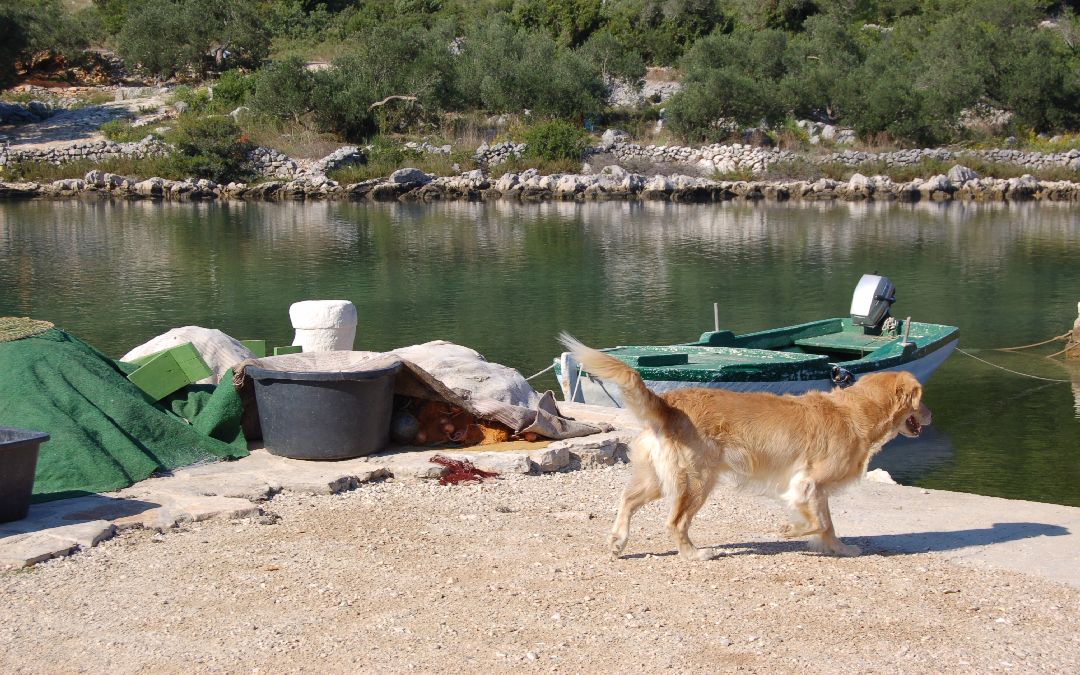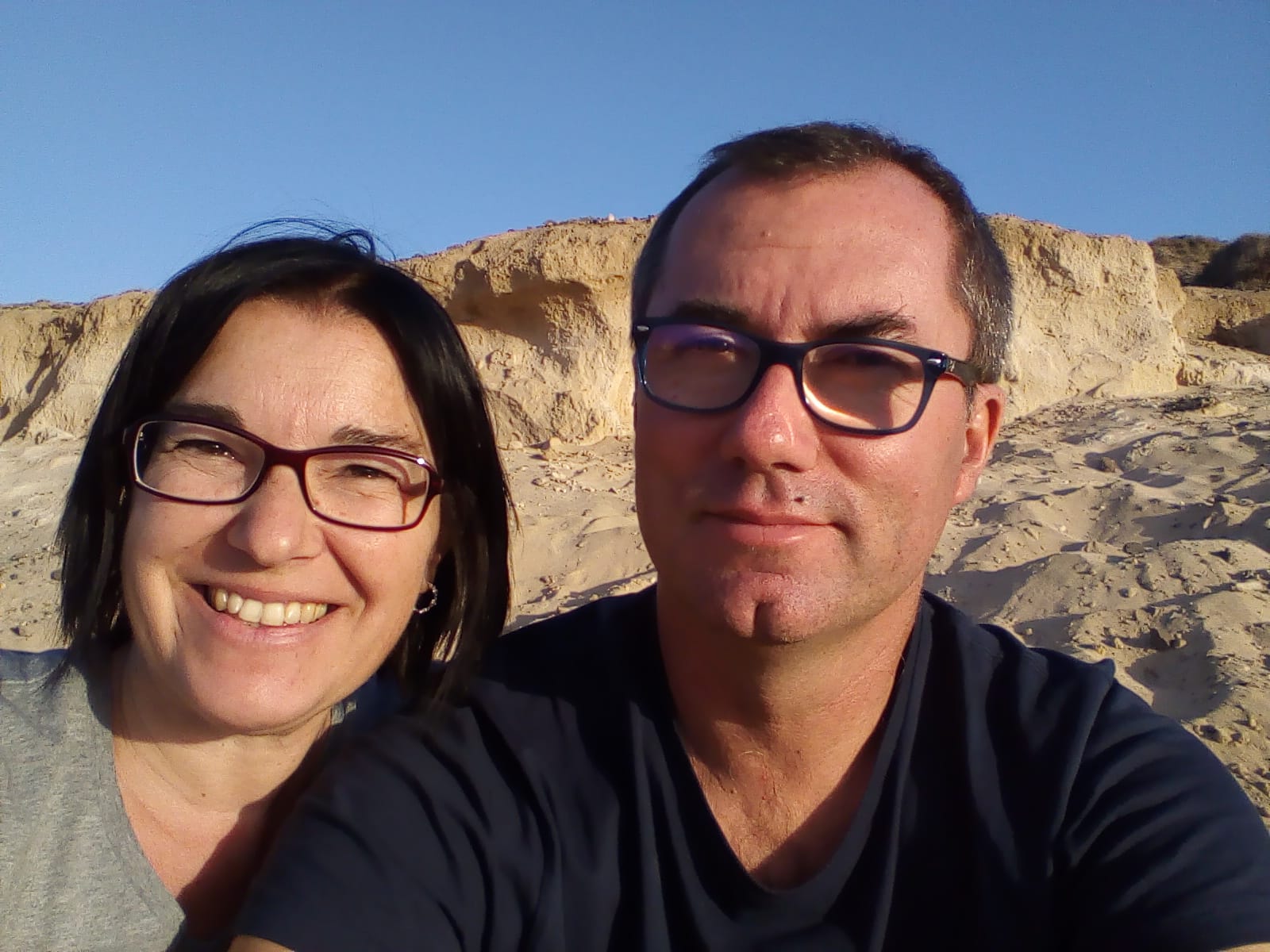8 Words for your holiday in Croatia
Now you are ready to leave for Croatia. The suitcase is packed; the swimsuit is inside ready to be worn. Sunglasses are on the nose and flip-flops on the feet. The apartment or the hotel is booked and the holiday can begin.
But how to understand the language when we go abroad? Croatians speak English very well and on the Dalmatian coast the elderly understand the venetian dialect, because of the historical heritage. However, it is always nice to know some words to use when meeting with the locals. Nelson Mandela said that:
If you speak to a man in a language he understands, you will get to his head.
If you speak to him in his language, you will reach his heart.
Here are some basic notions of Croatian, the very basic words we most often explain to our guests.
Hvala
means thank you. It’s the magic word that in all languages is nice to hear when someone has done a favor.
It also happens to hear “HVALA PUNO” which corresponds to many thanks or thank you very much.
When the baker gives us the bread, we answer hvala.
Thanks for dinner: hvala za večeru.
Molim
is the answer to thank you, it means you’re welcome.
Bok
is the colloquial greeting, it corresponds to the English hello.
This word is used in Zagreb and in northern Croatia. In Dalmatia and in the south it is used to greet each other with Bog.
The name etymologically comes from far away, since Croatia was part of the Austro-Hungarian Empire. In fact, my bow in German “mein Bücken” became “majn bokn” and then in Croatian simplified in Bok.
Bog derives from “Bog daj”, God grant you, simplified in Bog.
So when you meet among friends, or among young people you greet each other with Bok, or Bog.
Dobro
means good.
Dobrodošli: Welcome!
Dobar dan means good morning, and dobra večer means good evening.
The dessert is good: Dobro je, hvala!
Živjeli
means cheers.
A word which we particularly like: it recalls a good company, moments of sharing and nice summer evenings. The jingle of glasses reminds of pleasant meetings.We hope that everyone’s life will be full of these moments of happiness and joy. The planning of a beach holiday at the sea in Croatia puts in a good mood, because the journey begins with programming.
Ajde
Not understanding the language, every foreigner realizes that Croatians use this expression a lot.
This word literally means let’s go, but it is used as an exclamation at the beginning or at the end of imperative sentences.
Here are some examples of its use in everyday conversation.
Ajde!
Come on, get in.
We use it to give orders like Wake up! Get up!
Hey, what are you doing?
Or as come… when we shout at the dear dog who’s busy and thinking about his own business and doesn’t wish to listen.
Lijepo
is meant to be beautiful.
We have to remember that Croatian grammar is much more complex than English grammar. Croatian is like Latin and German, which are flexible languages with seven grammatical cases: nominative, accusative, dative, genitive, vocative, locative and instrumental.
Croatian is a Slavic language which is difficult to understand, but very melodious.
Plaža je lijepa: the beach is beautiful.
Cvijet je lijep: the flower is beautiful.
Nema
Corresponds to: there is not.
Nema Kruha corresponds to: there no bread.
Nema sunca: there is no sun.
There are excellent pocket dictionaries to buy which are ideal to keep close during the holiday. Alternatively, the Google translator is useful to quickly translate words or whole sentences from English to Croatian.









